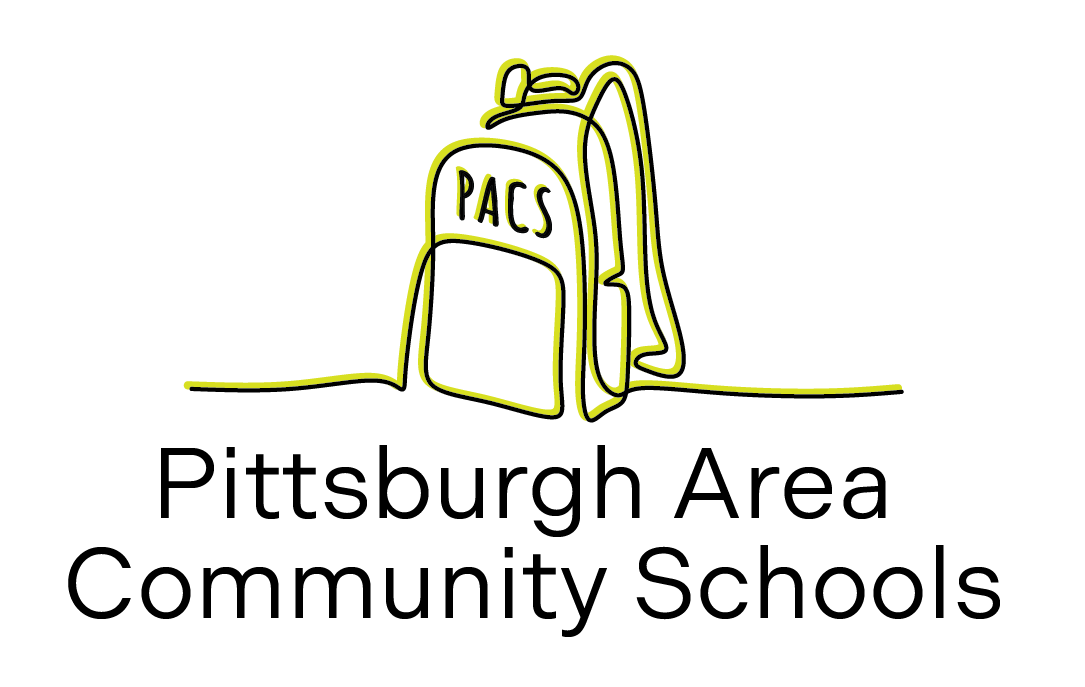
Trauma Informed Support
Trauma is a fact of life. It impacts how we interact with the world and make decisions. Helping students and families recognize and heal from their trauma brings hope for a bright future into focus for them. CISPAC recognizes that trauma-sensitivity is essential to advancing our mission and positively impacting the lives of the people we serve.
Community Schools are defined as schools that provide services and support that fit each neighborhood’s needs, created and run by the people who know our children best—all working collaboratively. At the root of collaboration is the ability to see one another in a way that matters. A recognition that trauma is pervasive in the experience of human beings form the basis for the CISPAC’s focus, not only on the people who seek services but equally on the people and systems that provide those services.
CISPAC’s Trauma-Informed training by The Sanctuary® Institute anchors our work with students, families, schools and community leaders elevating the integration of human services in our work.
If you would like to see how CISPAC’s Trauma-Informed Support can make a difference for your students and families, please contact Bridget Clement, Executive Director at bclement@cispac.org or 412-361-4945, ext.# 201.
The Sanctuary® Model
All CISPAC staff receive trauma-sensitivity training provided by The Sanctuary® Institute. The Sanctuary Model is a clinical and organizational blueprint for change that promotes safety and recovery from adversity through the active creation of a trauma-informed community. This model is built on four important pillars:
-
The experiences of trauma can be identified along a wide continuum that includes both discrete events and ongoing cumulative trauma like racism and poverty. Simply stated, trauma is defined as an experience in which a person’s internal resources are not adequate to cope with the external stressors. Many of the behavioral systems that we see in students are a direct result of coping with adverse experiences. What we identify as negative behaviors are really misapplied survival skills. Individuals who have experienced trauma are extremely resilient. Addressing their trauma can help them move past basic survival skills.
-
Commitment to Nonviolence
Commitment to Emotional Intelligence
Commitment to Social Learning
Commitment to Democracy
Commitment to Open Communication
Commitment to Social Responsibility
Commitment to Growth & Change
-
We know that as social service providers and educators we often speak in terms that are not clear to each other or the people we hope to serve. The SELF framework is the organizing framework CISPAC uses for school, student and family support planning, community conversations and collaborative decision-making. It helps us to focus on the most important aspects of helping people heal from trauma in a simple and accessible way. The SELF Framework stands for:
SAFETY: Since many of the behaviors we see are survival skills its important to understand all of the safety concerns a person may be facing in any given situation. We address all forms of safety (physical, psychological, social and moral).
EMOTION MANAGEMENT: recognizing and dealing with feelings without hurting yourself or others.
LOSS: All change is loss. Acknowledging and grieving past losses or traumas and committing to work against getting stuck in the past.
FUTURE: Re-establishing the capacity for choice and engaging in new behaviors rather than repeating old patterns.
-
The Sanctuary Tool Kit is a set of practical and simple interventions that reinforce the language and philosophical underpinnings of the Sanctuary Model. These tools, community meetings, safety plans, SELF treatment planning conferencing, team meetings, self-care planning, SELF psycho-education are the daily practices for both staff and clients that support an organization’s creation of a trauma-informed culture.
Learn more about the Sanctuary Model at www.thesanctuaryinstitute.org.




